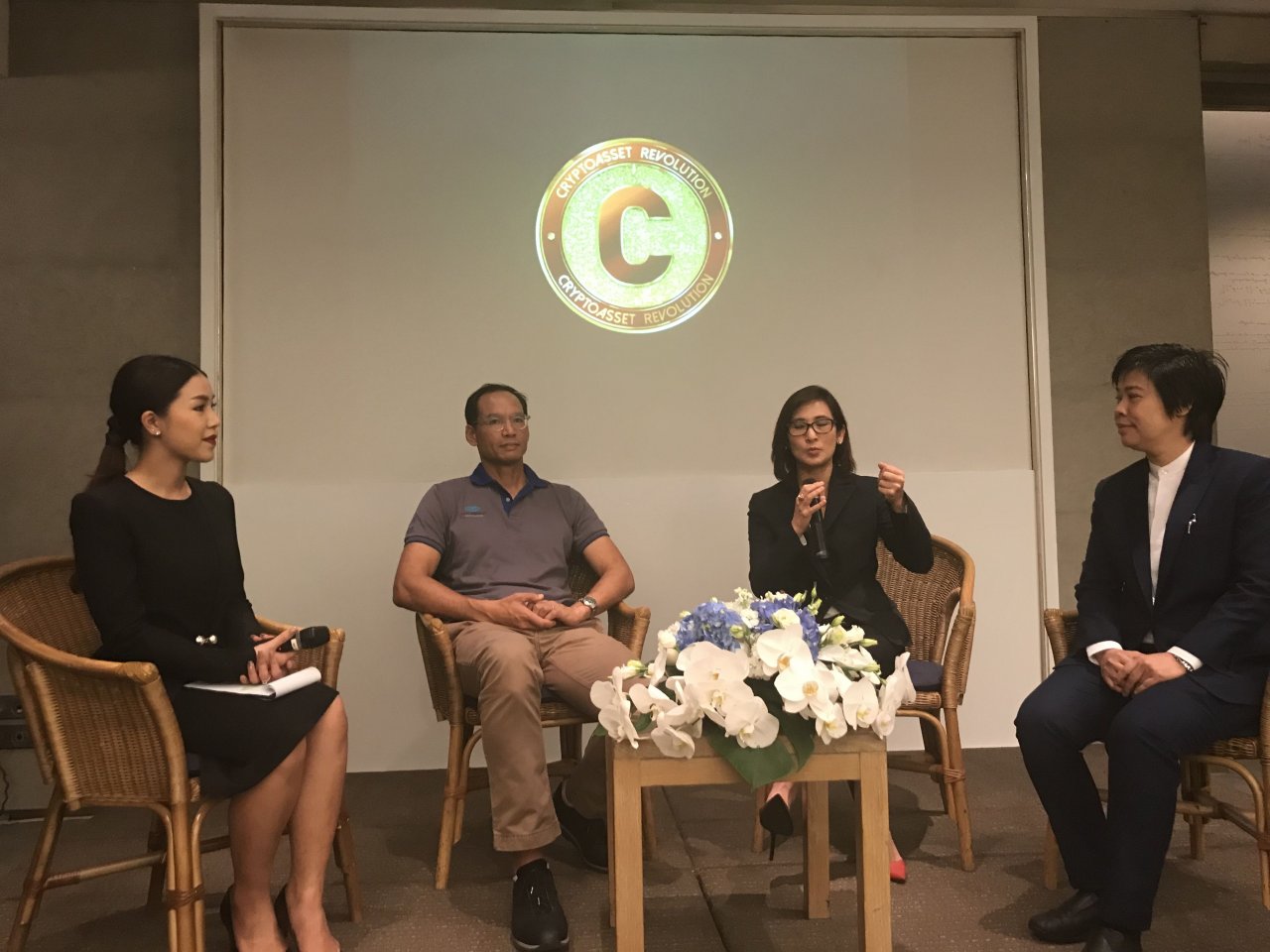Thailand: Crypto course launch comes with tax plea
THE Thai Fintech Association has joined with a company, ICORA, to offer a course to demystify what they call the crypto-asset revolution with the aim of encouraging investment in the rapidly advancing asset class.
Coinciding with the announcement of the course, they called on the Revenue Department to scrap the high tax rates imposed on digital assets.
The partners said at a press conference yesterday that the first course would start on June 12 and end on August 14, priced at Bt185,000.
The course is designed to match the needs of chief executive officers of listed firms, investors, business owners and professionals from the financial sector and government officials, said Karndee Leopairote, chief executive and co-founder of ICORA.
The announcement of the course comes against the backdrop of the Revenue Department having imposed a high tax rate on digital assets, in a move that has disappointed the market. At the same time, the Securities and Exchange Commission has started to hold a public hearing into proposed regulations for the emerging industry.
Karndee said that the course will enable participants to gain an understanding of the major financial and technological changes sweeping markets, including cryptocurrencies and related initial coin offerings (ICOs), as well as the blockchain technology that underpins theses assets.
Experts who have contributed to the course include Santitam Sathirathai, an adviser to ICORA; Bhume Bhumiratana, an adviser to the SEC; and Sakolkorn Sakavee, CEO of Blockchain Capital Group, Karndee said.
Korn Chatikavanij, chairman of the Thai Fintech Association, expressed his concerns about the new tax imposed on digital assets, saying that taxation would drive business away and limit the potential of Thai startups.Korn, who was is a former finance minister, was referring to the income tax imposed on funds raised through ICOs along with other transactions involving digital assets.
Under the new law, firms that issue ICOs have to book their fund raising as revenue and this make the funds subject to corporate income tax of 20 per cent. Transactions related to ICO sand other digital asset have been made subject to capital gain tax of 15 per cent. Moreover, the trading in digital assets – including cryptocurrency and crypto tokens – outside authorised exchanges would be subject to value-added tax of 7 per cent.
“These tax measures will drive businesses to other countries, such as Singapore, and the Revenue Department would get nothing,” said Korn.
xxxxxxxxxxxxxxxxxxxxxx
Government officials had said that they wanted to protect the interests of retail investors and chose tax and other regulatory means to safeguard them against the high risks involved, including fraud.
However, Korn said that the government should not use tax measures. Instead, it should ask the SEC to lay down effective regulations against investors taking on excessive risk and to counter the risk of financial fraud.
He said the government has time to adjust the policy as many countries also have little idea what to do with the emergence of digital assets driven by the digital revolution.
Nintita Loetruangsuphakun, chief strategy officer of ICORA, shares this view. Nintita noted that, aside from Singapore and Japan, Malaysia under Prime Minister Mahathir Mohamad will aggressively pursue favourable policies on digital assets and this could draw business away from Thailand.
Prinn Panitchpakdi, managing director of CLSA Securities Thailand, said he hoped that the SEC would talk with the Revenue Department about the issue of tax policy.
Source: http://www.nationmultimedia.com/detail/Economy/30346032


 English
English




